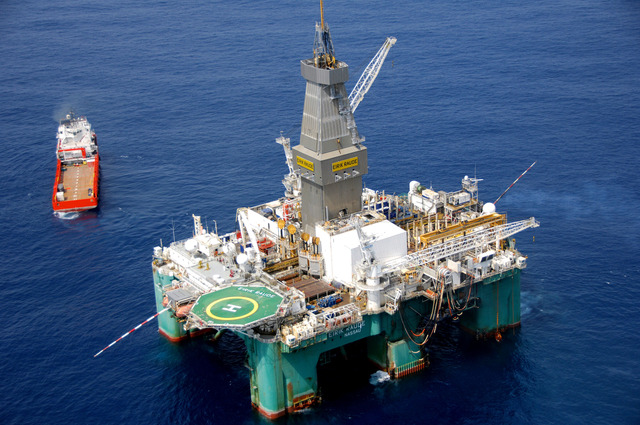Ghana National Petroleum Corporation (GNPC) has entered into an agreement with Italian oil firm ENI and Vitol to develop and commission the US$7bn Offshore Cape Three Point (OCTP) project in Ghana.
The OCTP development will consist of five fields – Sankofa East Cenomanian Oil, Sankofa East, Campanian Oil, Sankofa Main Gas, Sankofa East Gas and Gye Nyame Gas.
The petroleum sector in Ghana is going through a key transformation after the discovery of a large oil and gas field in deep waters about 60 kilometers offshore.
It is expected that the project will provide sufficient gas to power Ghana’s power thermal power stations for the next 15 years.
Financed by World Bank, the project is located around 60 km from the Ghanaian Western Region’s coast.

The plant will access around 41bn cu/m of gas and 500mn barrels of oil in place.
First oil is expected in 2017, first gas in 2018 and peak production is expected to touch 80,000 boed in 2019.
Energy ministry of Ghana will support the gas transmission system by establishing compression stations and connections to industrial users, which will provide 700MW of new power.
The project is helpful to Ghana in many ways. In addition to enhanced oil production, it will highlight the growth of thermal power portfolio in the country, speeding up the industrial growth.
Since independence, this is the largest single project having foreign direct investment inflow into Ghana.
The project is a greatly anticipated one, which has been described by the World Bank as top priority for the West African country.
In July 2014, World Bank approved additional financing of $19.80 million to support the development of Ghana’s oil and gas reserves, bringing the total support to $57.80 million.
The funds will help to establish a national data center within the Petroleum Commission of Ghana (PCG) and also help procure laboratory equipment for Ghana’s Environmental Protection Agency (EPA) for increased analysis of the impacts of oil and gas operations on marine and shoreline ecosystems.
Sabeena Wahid
editor@greentechlead.com
